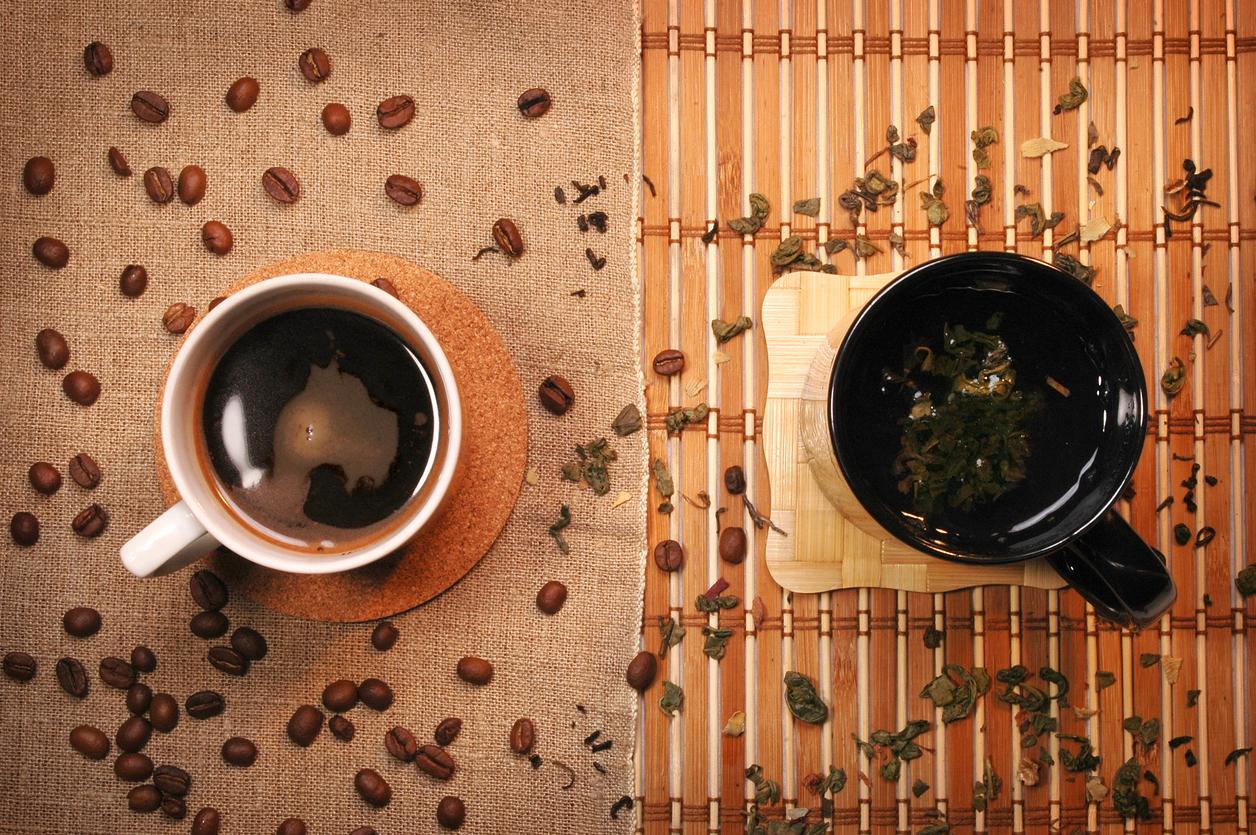Another study that extols the virtues of the Mediterranean diet. But this time it is neither the olive oil nor the lycopene of the tomatoes whose virtues researchers at the University of Athens praise. In their new study published in the Journal of Cardiovascular Medicine SAGE, it is Greek coffee (hence boiled coffee) that is presented as the new elixir of youth.
According to Dr. Gerasimos Siasos, lead author of the study, “Typical Greek coffee contains little caffeine, but it is rich in polyphenols and antioxidants, which is good for our cardiovascular system”. For researchers, it is the daily consumption of this traditional coffee that would explain why the inhabitants of the island of Ikaria are twice as likely as Europeans to live to the age of 90 years. “And not only are they living old, they are aging in good health,” insists Dr Siasos.
>> To read also: Coffee, friend or foe?
Other studies have already shown that the antioxidant compounds in coffee play a protective and preventive role in type 2 diabetes, Parkinson’s disease and a number of cancers, in particular of the digestive system.
But for those responsible for this study, the 87% of islanders who drink coffee only Greek (that is to say, boiled and unfiltered) seem to benefit from the tenfold effects of polyphenols.
How to make a Greek coffee?
1/3 cup of water
1 tablespoon of sugar
1 tablespoon of Greek coffee
Pour everything into a saucepan and stir over the heat until the sugar has melted and the mixture is smooth.
Then stop mixing and let the coffee reach its boiling point (but without allowing it to boil). Then remove the pan from the heat: a foam (called kaemaki in Greek) has then formed on the top.
Tilt your cup and pour gently: you will have Greek coffee with a little coffee grounds at the bottom and coffee foam on the top.
















